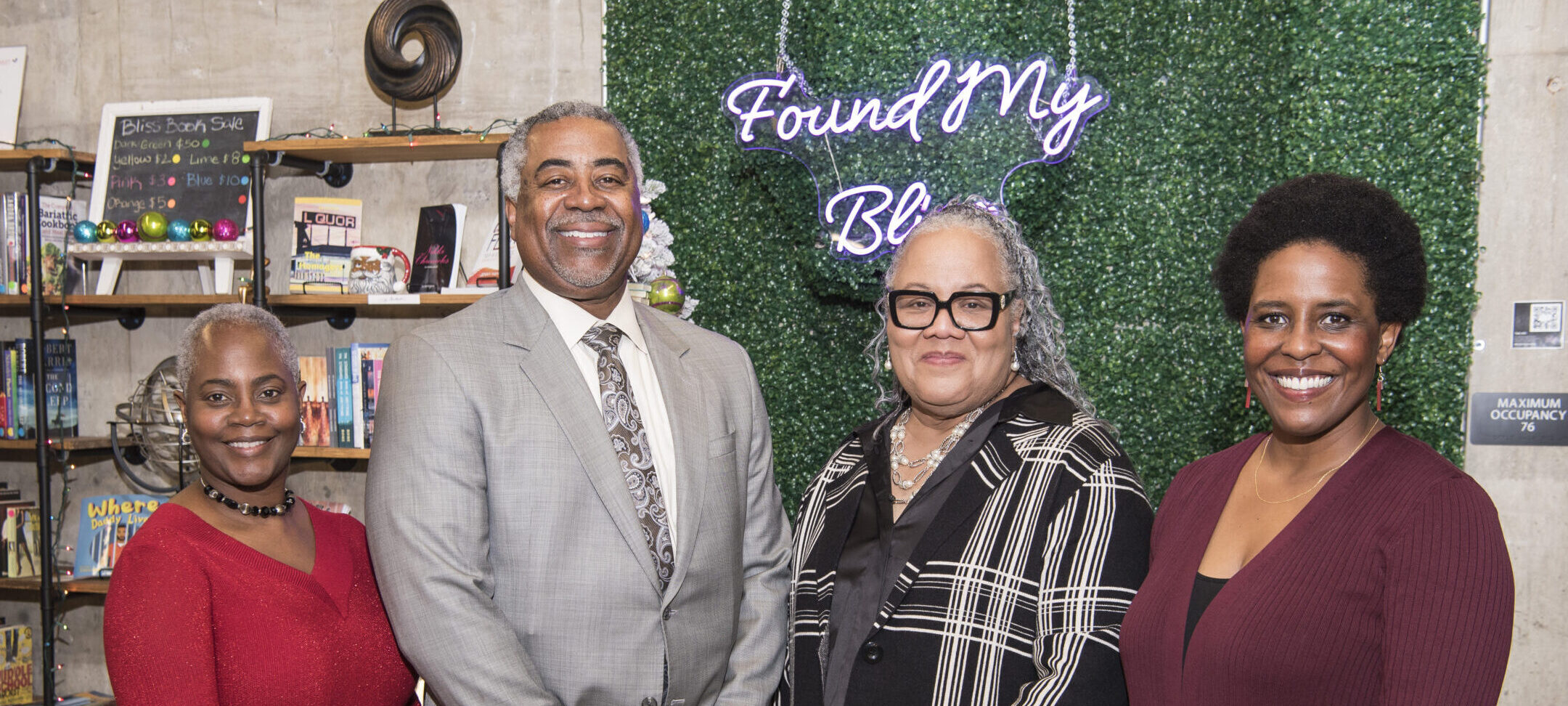In recent years, philanthropy has undergone a critical transformation, particularly the support of Black-led, Black-serving organizations and their communities. The REACH Healthcare Foundation has strived to remain at the forefront of this evolution, beginning with its commitment to racial equity to actively address the systemic barriers that often hinder effective community-based philanthropy. This year’s publication of “The Broken Triangle: A Framework for Reparative Philanthropic Relationships” is a reflection that delves into these issues and draws from the foundation’s experiences of centering black voices in our grantmaking with direct feedback from Black-led, Black-serving community partners.
“This paper not only recounts REACH’s historical practices but also shares what we’ve heard from our partners and consultants. By elevating the diverse voices and exploring trust-based approaches, this paper sheds light on how philanthropic foundations can move with intention and action and build relationships around equity at its core,” said Gibson.
Since the launch of the Centering Black Voices pilot in 2021, the lessons gleaned from it, and the integration of these lessons into all of REACH’s grantmaking practices, the foundation created and provided access to Core Consultants for its Black-led, Black-serving partner organizations. This investment strategy is specifically designed to improve inequalities in grantmaking practices and address the larger issue of racial equity in the communities the grantee partners serve. REACH curated its Core Consultants for their lived experience as Black leaders and their specific expertise in five areas that the community partners had identified as priority needs: grant readiness and writing, fund development, strategic planning/program development, marketing and communications, and finance and accounting.
Kathryn Evans, President of Rooted Strategy, serves as a Core Consultant, working with many Black-led and Black-serving nonprofits over the years. She has provided strategic planning, Board governance, volunteer development, program development services to help these organizations improve their chances of overcoming barriers that hinder their access to resources and funding necessary to support their missions. As Evans and the foundation explored the collaboration between grantee partners and Core Consultants, it recognized a disconnect in the relationships among funders, grantees, and consultants. These findings have led to the conceptualization of the “broken triangle,” which builds upon the importance of equalizing power dynamics to build productive relationships that contribute to repairing philanthropic funding barriers.
“The Core Consultants model represents the healthiest and most beneficial version of a relationship between the funder, the consultant, and the grantee,” said Kathryn Evans, President of Rooted Strategy.
When all sides of the triangle collaborate and build a relationship on trust, the support of technical assistance provided by the core consultants results in more impactful outcomes for the grantee partners. However, when these relationships are misaligned, they risk becoming a “broken triangle,” which leads to mistrust and stalled progress among all parties involved.
“This relationship pattern is so common, but too often, the power dynamics are out of balance. REACH has done a great job recognizing that each side of the “triangle” brings something of value to the relationship and strengthens the work,” said Evans.
“The Broken Triangle: A Framework for Reparative Philanthropic Relationships” serves as a vital resource for understanding and addressing the complexities of philanthropic engagement with Black-led and Black-serving organizations. By emphasizing the importance of trust, accountability, and equitable power dynamics, this framework not only highlights the challenges that have historically hindered effective partnerships but also offers actionable strategies to foster collaborative and supportive relationships.
“Trust-based philanthropy is not just a funding model—it is a reparative practice that acknowledges the harm caused by traditional power dynamics in giving,” said Carla Gibson, Vice President of Programs. “By embracing trust and accountability, we can begin to repair the barriers that have long excluded grassroots BIPOC organizations from accessing critical resources.”
As the foundation moves forward, embracing these principles will be essential in reshaping its philanthropic practices to better serve its communities and promote racial equity, ultimately leading to more meaningful and impactful outcomes for all stakeholders involved.
Click here to access “The Broken Triangle: A Framework for Reparative Philanthropic Relationships” and explore these insights further.



